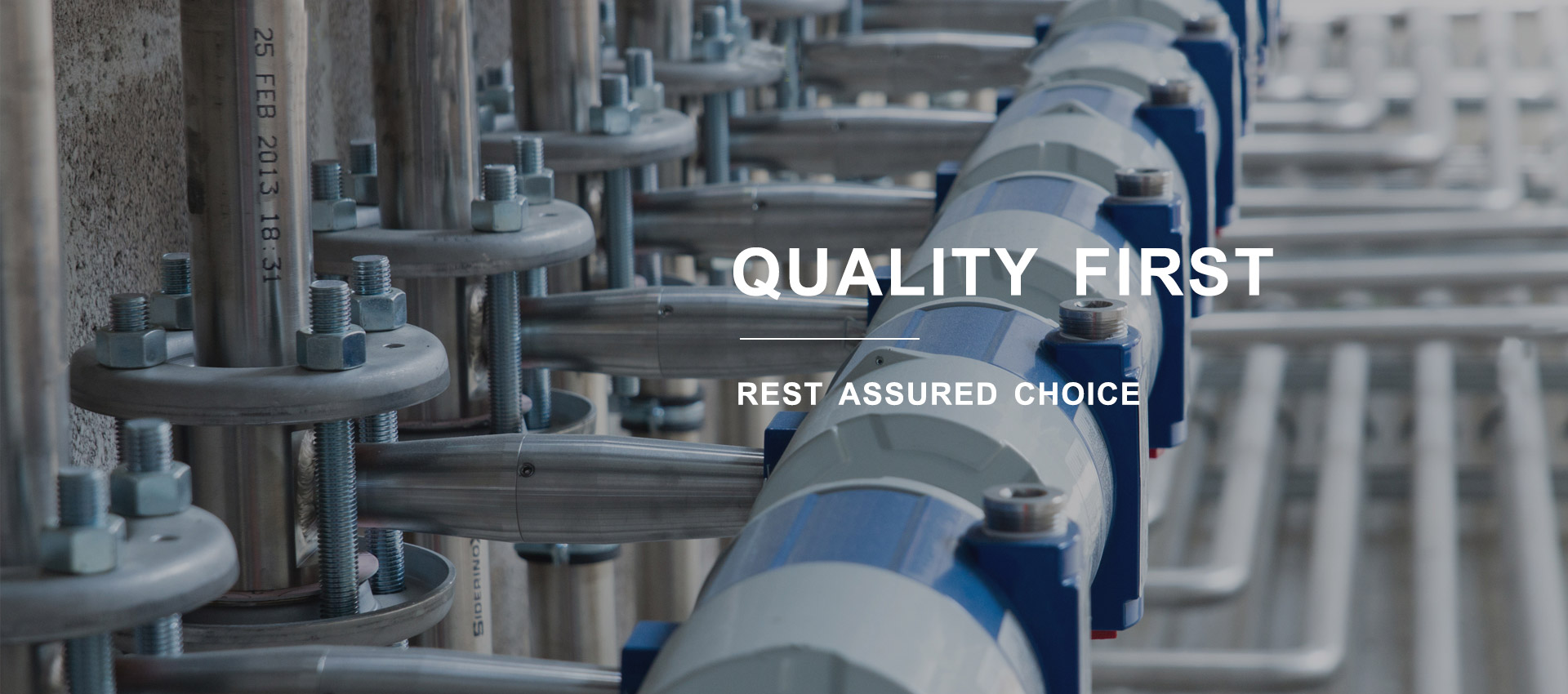Aug . 17, 2024 02:09 Back to list
M24 X 1.5 Nut Specifications and Applications for Engineering Use
Understanding the M24x1.5 Nut Specifications and Applications
In the world of engineering and manufacturing, fasteners play a crucial role in assembling components securely. One such fastener that is widely used in various applications is the M24x1.5 nut. This article aims to explore the specifics of the M24x1.5 nut, including its dimensions, materials, and applications, as well as its importance in different industries.
Dimensions and Specifications
The designation M24x1.5 refers to a metric threaded nut with a nominal diameter of 24 millimeters (mm) and a pitch of 1.5 mm. The M indicates that this is a metric screw thread, which is standardized in various countries around the world. The pitch, which is the distance between adjacent threads, is 1.5 mm in this case. This particular combination of diameter and pitch makes the M24x1.5 nut suitable for medium to heavy-duty applications, where strength and load-bearing capacity are critical.
Typically, M24 nuts may come in various types, such as hex nuts, lock nuts, or flange nuts, each designed for specific purposes. Hex nuts are the most common type and feature a hexagonal shape designed to be tightened with a wrench. Lock nuts, on the other hand, provide additional resistance to loosening under vibration, making them ideal for high-stress applications.
Materials Used
M24x1.5 nuts can be manufactured from a variety of materials depending on the application and environmental conditions. Common materials include
1. Carbon Steel Often coated with zinc, carbon steel nuts provide a good balance between strength and affordability. They are suitable for general use but may corrode if exposed to moisture.
2. Stainless Steel These nuts are highly resistant to corrosion and are used in environments where moisture or chemicals are present. They are particularly useful in marine and industrial applications.
3. Alloy Steel For applications requiring superior strength, alloy steel nuts are preferred. They can handle heavier loads and are often heat-treated to enhance their mechanical properties.
m24 x 1.5 nut

4. Plastic or Nylon In specific applications, especially for electronic components or non-corrosive environments, plastic nuts may be used to avoid electrical conductivity and reduce weight.
Applications in Various Industries
The M24x1.5 nut has a broad range of applications across multiple industries, including
1. Automotive In the automotive sector, M24x1.5 nuts are used in various assemblies, including engine components, suspension systems, and mounting brackets. They are integral for ensuring parts remain securely fastened, contributing to vehicle safety and performance.
2. Construction In construction, these nuts are commonly employed in structural applications, such as securing steel beams or other load-bearing components. Their robustness makes them ideal for heavy-duty tasks.
3. Machinery Industrial machinery often requires high-strength fasteners to handle the stresses and vibrations experienced during operation. M24x1.5 nuts are well-suited for this purpose, providing reliable performance.
4. Aerospace The aerospace industry utilizes M24x1.5 nuts in various applications, particularly where weight and strength are critical. They are subjected to rigorous standards to ensure safety and reliability in flight.
Conclusion
The M24x1.5 nut is a critical component in many engineering and manufacturing applications. Its specific dimensions, strength, and versatility make it suitable for a wide range of industries, from automotive and construction to aerospace. Understanding the properties and applications of these nuts can help engineers and manufacturers select the right fasteners for their projects, ensuring safety, efficiency, and durability.


